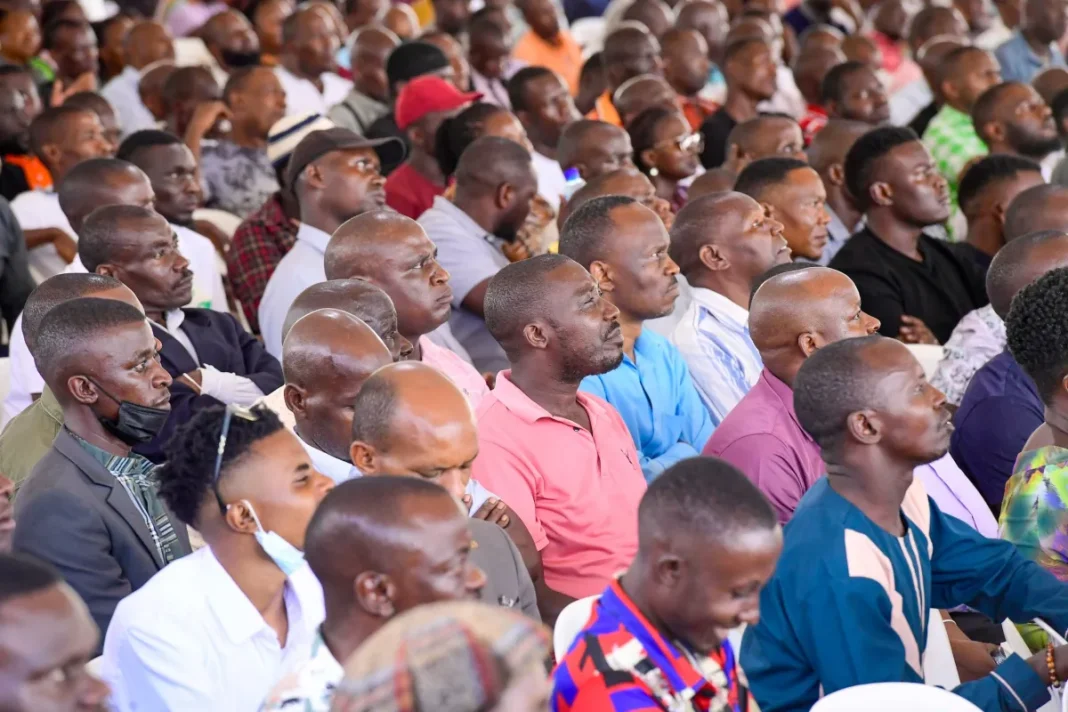President Yoweri Museveni is this Thursday expected to meet city traders under the umbrella bodies of the Kampala City Traders Association (KACITA), Uganda Cargo Consolidators, and Kampala Rice Traders on the implementation of Electronic Fiscal Receipting and Invoicing Solution (EFRIS).
The meeting is aimed at assessing the processes implementing EFRIS. City traders decried over taxations and penalties arising from failure to remit VAT and the Chinese invasion of the local markets.
The business community protested the system, closing shops in Kikuubo and downtown, claiming double taxation and lack of information about the system. They stated that the system is costly in terms of implementation since it requires devices like computers or smartphones and a gadget for printing receipts.
They contend that high import values (old ones) are making it hard for traders to clear their goods and that the high cost of living means that most of the essential goods are becoming unaffordable to the common man.
URA started implementing EFRIS in 2021 to address tax administration challenges relating to business transactions and the issuance of receipts. The system helps URA assess the right taxes using accurate and authentically generated information. It also enables businesses to thrive with improved record-keeping and monitored stock and sales, among others.
The implementation of EFRIS will ensure not just equity in tax collection, especially VAT, but also transparency. The system is expected to double total VAT collections from Shs3.5 trillion to about Shs7 trillion.
Tanzania and Rwanda adopted EFRIS over 10 years ago. These countries collect 33% and 30%, respectively, of their total tax revenue through VAT. Uganda is currently collecting about 15% VAT of its total tax revenue, and this amounts to Shs3.5 trillion.








